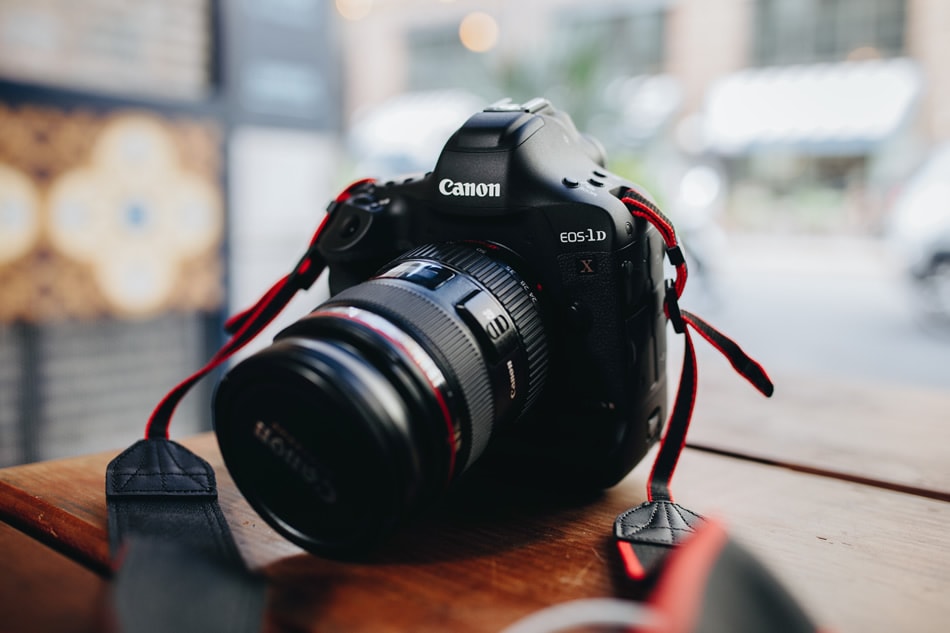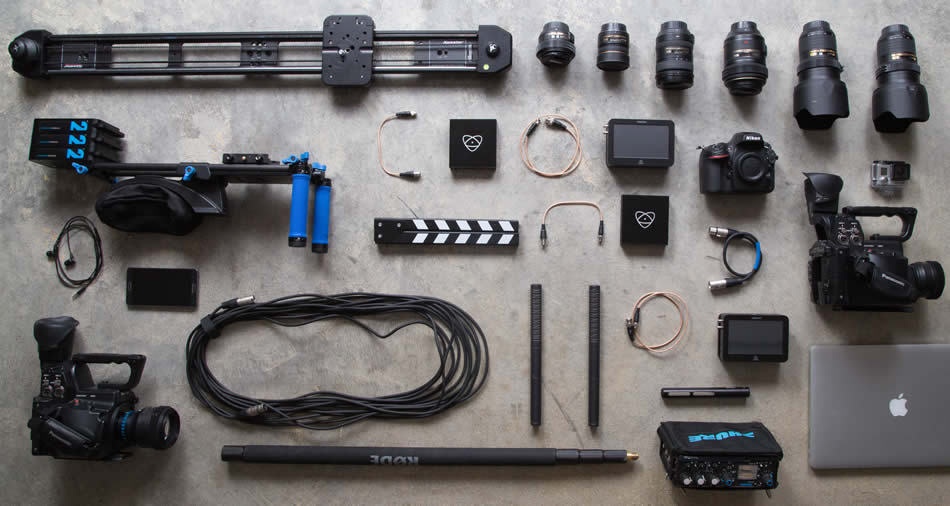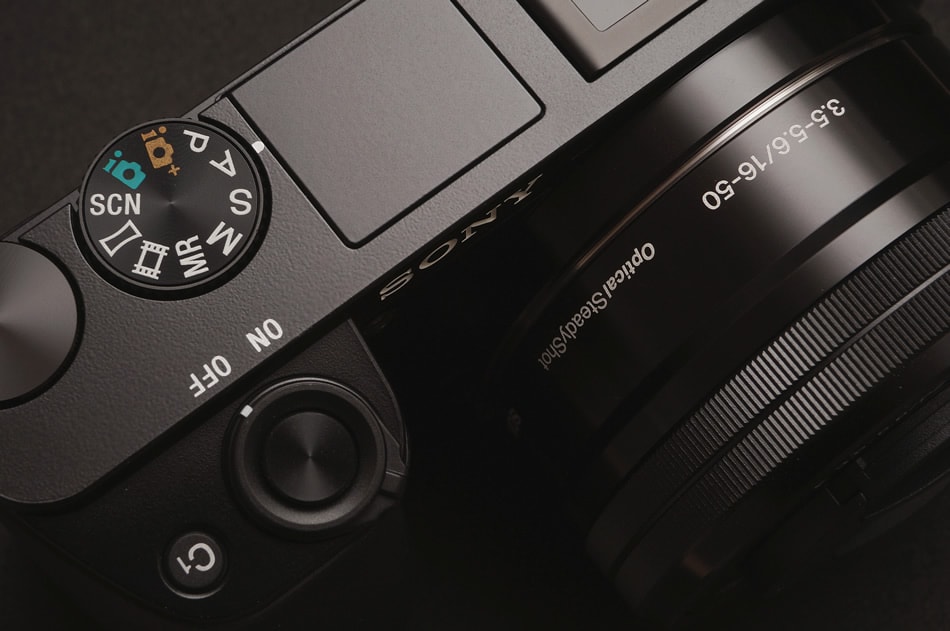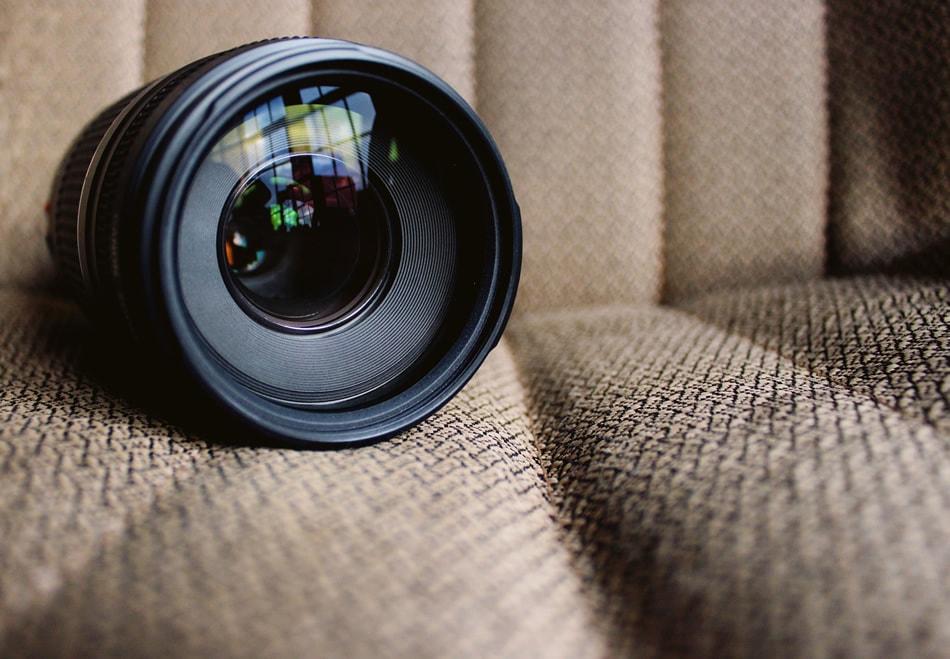What to Look for When Buying Camera Gear
One of the most important purchases you’ll make as either a professional or amateur photographer is the gear that supports your picture-taking. With all the options in the marketplace, it can be intimidating, to say the least, to know what to buy and to make the correct purchases.
You not only need to make sure that what you buy is suitable for your needs, but also that you’re not spending an arm and a leg! It’s easy to make mistake purchases, even for photographers who have been at it for a long time.

But when you buy something that’s truly a great fit, you can rest assured your gear will serve you and support you for years. Here’s what to think about when in the market for camera gear.
Look for Quality Over a High Price Tag
I know what some of you reading this are saying right now: How can quality not be synonymous with a high price tag?? Believe it or not, when it comes to camera gear, higher-priced gear doesn’t automatically mean better-quality gear. That’s because there are other factors at play besides cost when determining if a piece of gear is of suitable quality.
One huge factor is your own ability as a photographer. Put another way, even if you buy a state-of-the-art piece of equipment, but you don’t know how to effectively use it because you’re a hobbyist photographer and not a pro with years of experience, then shelling out lots of dough for this pricey piece of gear won’t equal quality for you.

Since you’re not as experienced and may not know all the ins and outs of that particular piece of gear, it won’t be a quality item for you. Instead, narrow down your choice based on:
- Whether it’s a good fit for your skill level.
- Your understanding of its functionality.
- How it accommodates the specific type of photography that you’re into.
Use these criteria instead of a high price tag when buying equipment, and you’ll buy great gear each and every time!
Invest in a Good Tripod
The tripod is sometimes the redheaded stepchild of your camera gear since it gets overlooked so easily. Photographers put more emphasis on both the camera and lens for obvious reasons, but there’s simply no need to underestimate the tripod when its steadiness can help you get sharp shot after sharp shot.

Don’t make the mistake of buying a cheap tripod because of the belief that it’s not as important as the camera and lens. When you buy a cheap tripod, you’re liable to quickly start leaving it at home because it’s hard to use and flimsy. Don’t buy the most expensive one either, but purchase one that’s sturdy and reliable enough to give you that crucial support you need, especially if you’re into sports photography or shooting landscapes.
Don’t Spend a Lot for a Camera Bag
It goes without saying that your camera bag is super-vital to your camera-preservation efforts. You need a camera bag not just to physically transport your camera safely, but also to shield it from the elements and other adversities. Still, in spite of the importance of your camera bag, it doesn’t warrant that you take out a loan to buy one!
There are plenty of perfectly good camera bags out there that won’t empty your bank account. In fact, you may not have to spend more than $100 for a good quality bag. Look out for sales, coupon codes, or even check Ebay or other local listing websites.
Rely on the Internet
If you’re even the least bit suspicious about buying camera gear on the internet – it’s no big deal, really. While the web does have its share of shady camera gear-selling sites, it’s by far cheaper, quicker, easier and more comprehensive than buying retail from a regular, brick-and-mortar store. The trick is knowing where to go online to buy the best camera gear.
Pro tip: Stick to big and known online retailers like Amazon, where you have a massive selection, and, obviously, you won’t get scammed since it’s got a reputation to protect. Other excellent choices online are camera retailers like B&H Photo and Adorama.
All of these online retailers directly compete with each other, so you’re sure to find the lowest prices. Then, there’s the selection: on the web, retailers aren’t necessarily limited by physical space, so you’re sure to have your pick from the widest assortment of camera gear around.
Understand Your Lenses
Perhaps one of the most significant pieces of gear is your lens. You’ll likely have several if you’ve been in photography long enough, each with its own, specialized purpose.

To make sure you choose the right lens for the right purpose, consider the following information prior to buying any lens:
- 14mm, 20mm or 24mm: These lenses are ideal for shooting big, open landscapes or big spaces where you can’t move back, such as with indoor architecture. They’re also great for low-light conditions when you don’t have a tripod or when speed is required.
- 35mm, 50mm: Although these lenses don’t afford you a lot of wide-angle shots or zooming action, they’re perfect for situations when you need a lower ISO, a longer focal length, and find yourself in low light.
- 85mm: Good for only certain conditions, 85mm lenses are often very sharp and offer a super shallow depth of field under f/1.8. It’s great for portraiture.
- 100mm, 150mm macro: These macro lenses are ideal for filling up the entire frame with a subject that’s just the size of a coin.
- 200mm+: This type of lens is ideal for sports photography or wildlife. It provides you with very generous focal length that’s ideal for shooting animals, athletes, or other subjects that are quite far away from you.
Gear Is Your Supporting Cast
In any good movie you’ve ever watched, the supporting cast is instrumental in making the stars shine. With photography, your camera gear is instrumental in making your ensuing images stand out. That’s why it pays to know what to look for when buying your gear.
Remember that gear shouldn’t be bought for the sake of buying the most sophisticated. Instead, gear that you know how to use, that’s appropriate for your needs, and doesn’t cost a fortune is perfect.
